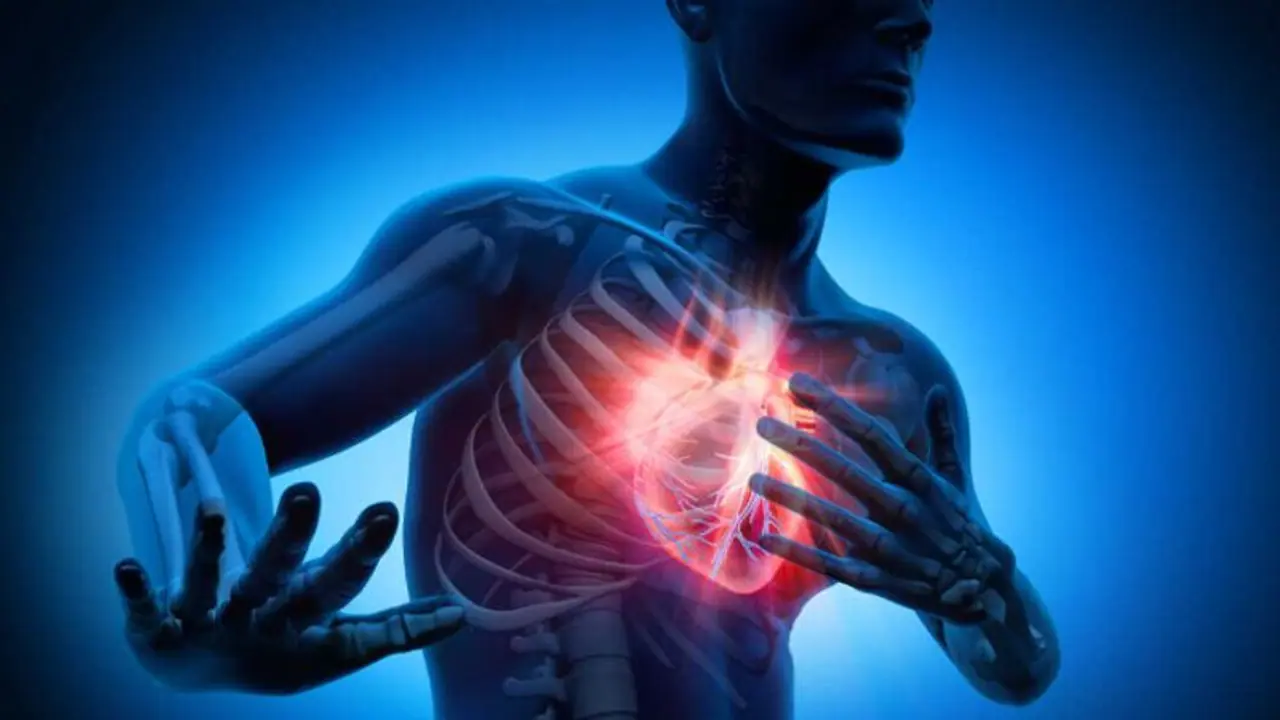Discover the key habits that increase heart attack risk. Learn how to improve heart health through lifestyle changes and wise choices.
Heart attacks, also known as myocardial infarctions, are a leading cause of death worldwide. They occur when blood flow to the heart muscle is blocked, often due to a buildup of plaque in the coronary arteries. While genetics and pre-existing medical conditions play a role, certain lifestyle habits significantly increase the chances of experiencing a heart attack. Small changes to daily habits can lead to profound improvements in cardiovascular health, ultimately promoting a longer and more vibrant life. Remember, the power to prevent heart attacks lies within the choices we make each day.

Here are six habits that contribute to an elevated risk of heart attack:
1. Poor Diet
A diet high in saturated and trans fats, cholesterol, and sodium can lead to the accumulation of plaque in the arteries, narrowing them and increasing the risk of a heart attack. Regular consumption of processed foods, fried foods, sugary snacks, and excessive red meat can raise levels of bad cholesterol (LDL) and lower levels of good cholesterol (HDL), contributing to atherosclerosis.
2. Sedentary Lifestyle
Physical inactivity is a significant risk factor for heart disease. Engaging in minimal or no regular exercise can lead to obesity, high blood pressure, and diabetes, all of which increase the likelihood of a heart attack. Regular physical activity helps maintain a healthy weight, improves blood circulation, and supports overall cardiovascular health.
3. Smoking and Tobacco Use
Smoking and using tobacco products, including smokeless tobacco, greatly elevate the risk of heart attack. Nicotine and other chemicals in tobacco products contribute to the narrowing of blood vessels, increased blood pressure, and a higher propensity for blood clot formation. Quitting smoking is one of the most impactful steps to reduce heart attack risk.
4. Excessive Alcohol Consumption
While moderate alcohol consumption may have some cardiovascular benefits, excessive drinking can lead to high blood pressure, irregular heartbeats, and cardiomyopathy. It also contributes to obesity and increases the risk of developing other heart disease risk factors. Limiting alcohol intake is crucial for heart health.
5. Chronic Stress
Prolonged exposure to stress triggers the release of hormones like cortisol and adrenaline, which can raise blood pressure and increase the risk of heart disease. Stress may also lead to unhealthy coping mechanisms, such as overeating, smoking, or excessive alcohol consumption. Adopting stress-reduction techniques like meditation, yoga, and regular relaxation can help mitigate this risk.
6. Poorly Managed Medical Conditions
Medical conditions such as diabetes, high blood pressure, and high cholesterol require diligent management. Neglecting treatment or not following medical advice can significantly increase the risk of heart attack. Uncontrolled diabetes, for instance, can damage blood vessels and nerves, while untreated high blood pressure can strain the heart and arteries.
